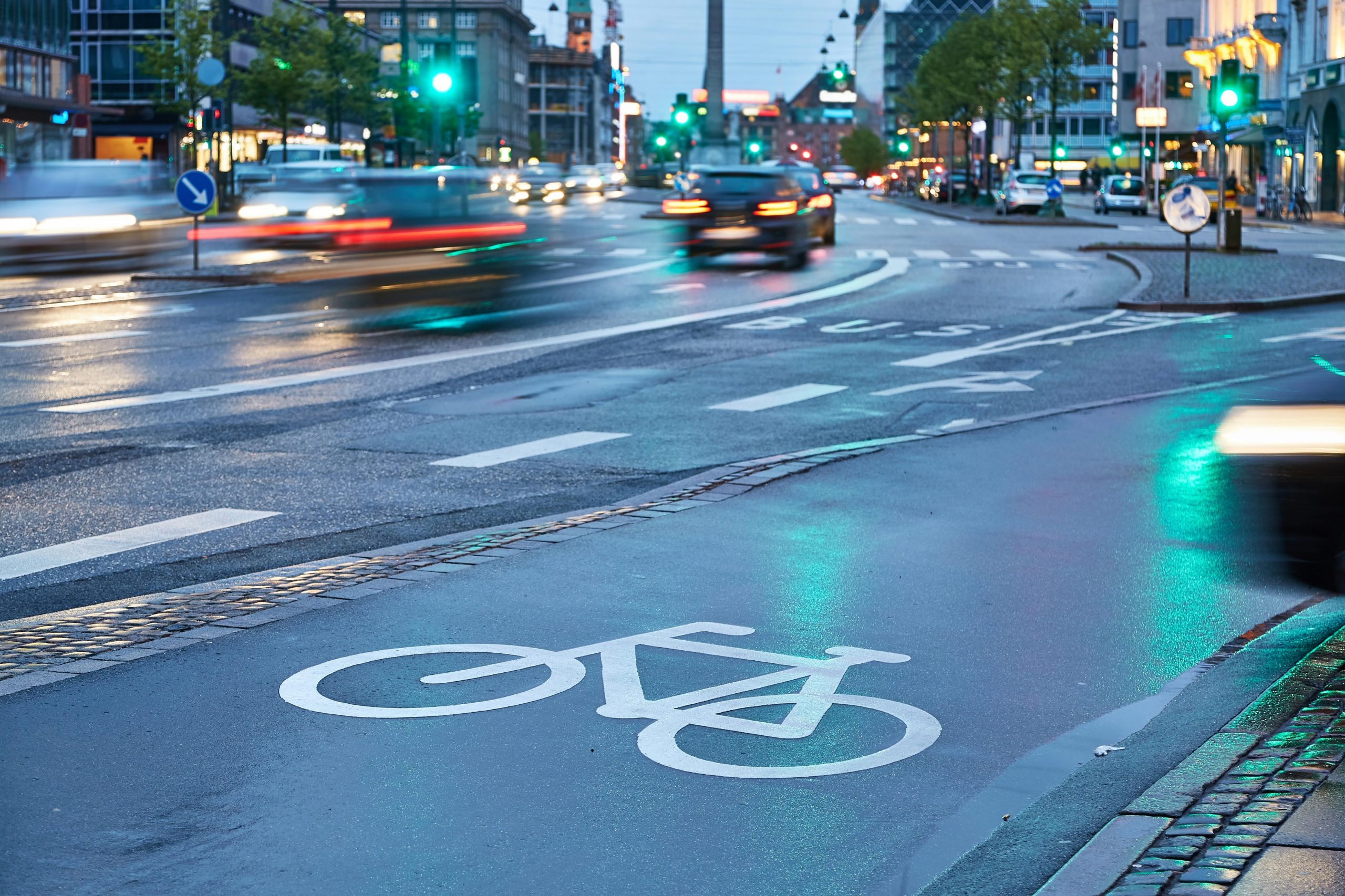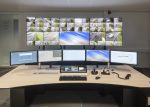
SOCRATES2.0 introduces network-wide traffic management to Europe
SOCRATES2.0 is a pan-European partnership of road managers, service providers, and car manufacturers. Under the shared motto Fast, Safe and Green the participants, including TNL by Technolution Move, work towards a better mobility by promoting cleaner, more efficient, and safer traffic. One of the most important aspects of SOCRATES2.0 is collecting and intelligently using data streams from various sources.
International, network-wide, multimodal
In the context of SOCRATES2.0, there are pilot projects underway in four European cities: Antwerp, Amsterdam, Copenhagen, and Munich. TNL is involved in the projects in Amsterdam and Copenhagen for bicycles and car traffic. Both cities have reducing their CO2 emission high on list of priorities. Copenhagen is even aiming to be completely CO2 neutral in 2025. Stimulating the use of bicycles and a better air quality are the main principles of this policy.
TNL is working on pilots in Copenhagen that purposefully lead cars away from locations with a lot of bicycle traffic, or from locations where the concentration of exhaust fumes in the air is too high. In Amsterdam, we are working, among other things, on a pilot for a network-wide traffic optimization. The three traffic centers of Rijkswaterstaat (Ministry of Infrastructure and Water Management), the province of Noord-Holland and the municipality of Amsterdam cooperate to manage the traffic. We use the Network Manager to combine the data from these three centers to create a wider overview of traffic around the city. In addition, we are also working on a pilot to improve the distribution of traffic around large events and sporting events in Amsterdam.
Data from many sources
Characteristic for these pilot projects is the network-wide approach. Where traditional traffic management focuses on specific locations such as road section and intersections, the SOCRATES2.0 projects take the entire network into consideration. Such a network-wide approach is only possible when the system has proper insight into the circumstances concerning the network. In order to achieve this, the pilot projects use data from different sources. For example: data from sensors that measure the intensity and the routes of bicycle traffic. Or ‘sniffers’ that measure the air quality in various locations throughout the city.
Naturally, they also use more traditional data sources such as Floating Car Data, from the navigational systems in the car and apps on smartphones, and data from measuring loops in the road. By combining this data, we can take very specific measures, such as separate bicycles and car traffic, or better distribute car traffic over the network.
Successful pilots
The SOCRATES2.0 pilots use Network Monitor (Copenhagen) and Network Manager (Copenhagen and Amsterdam) developed by TNL. The pilots have shown a successful, network-wide, coordinated approach. By combining data from various sources, it is possible to manage traffic very specifically, so traffic will flow more easily throughout the entire network and all modalities benefit. Moreover, the use of open standards and systems that are independent from any suppliers creates room for more improvement and new solutions.
About Socrates2.0
SOCRATES2.0 stand for ‘System of Coordinated Roadside and Automotive Services for Traffic Efficiency and Safety’. It is a European project, co-financed by the EU, resulting in a collaboration between road managers, service providers, and car manufacturers. Together, they improve car mobility by creating a cleaner, more efficient, and safer traffic flow.



